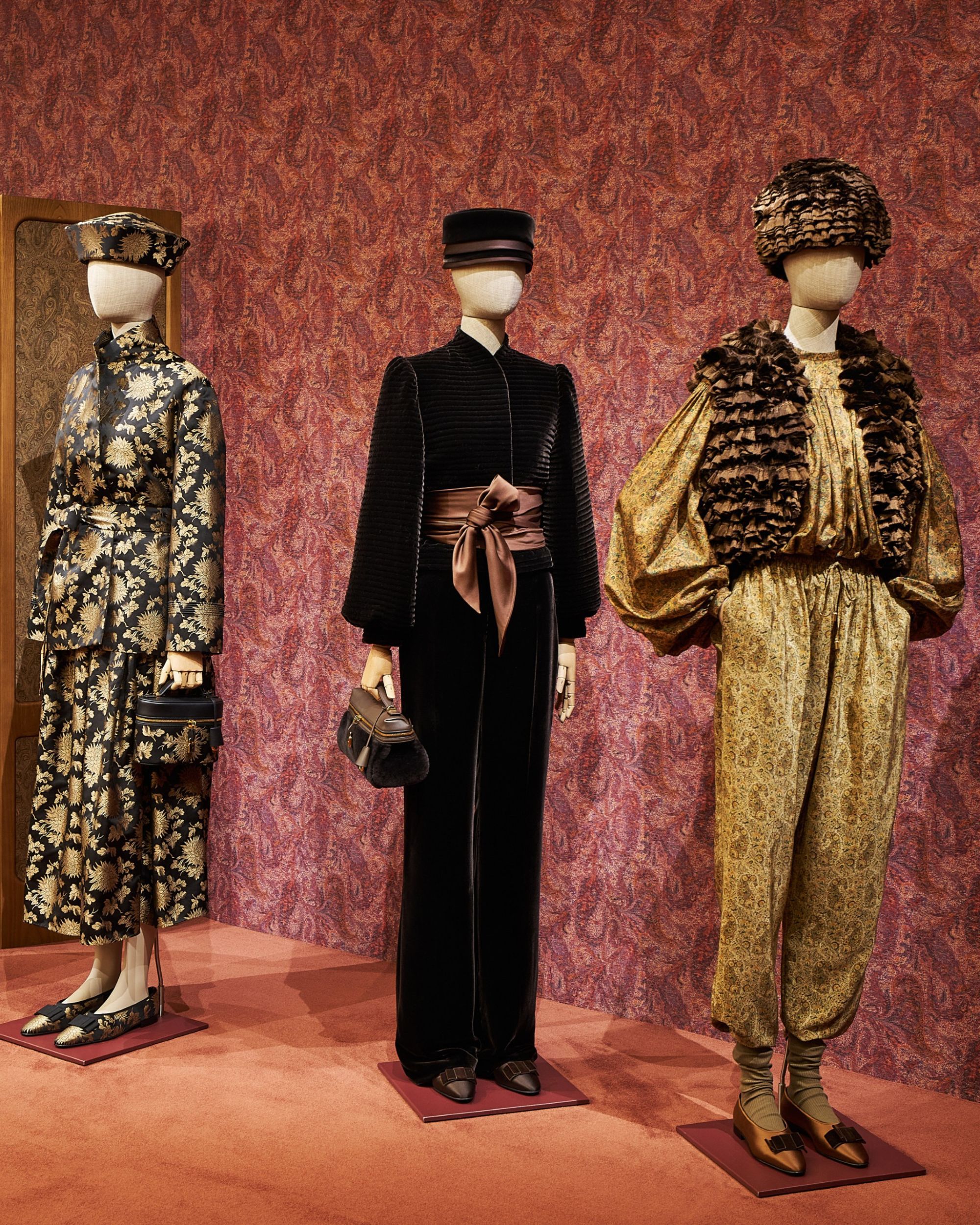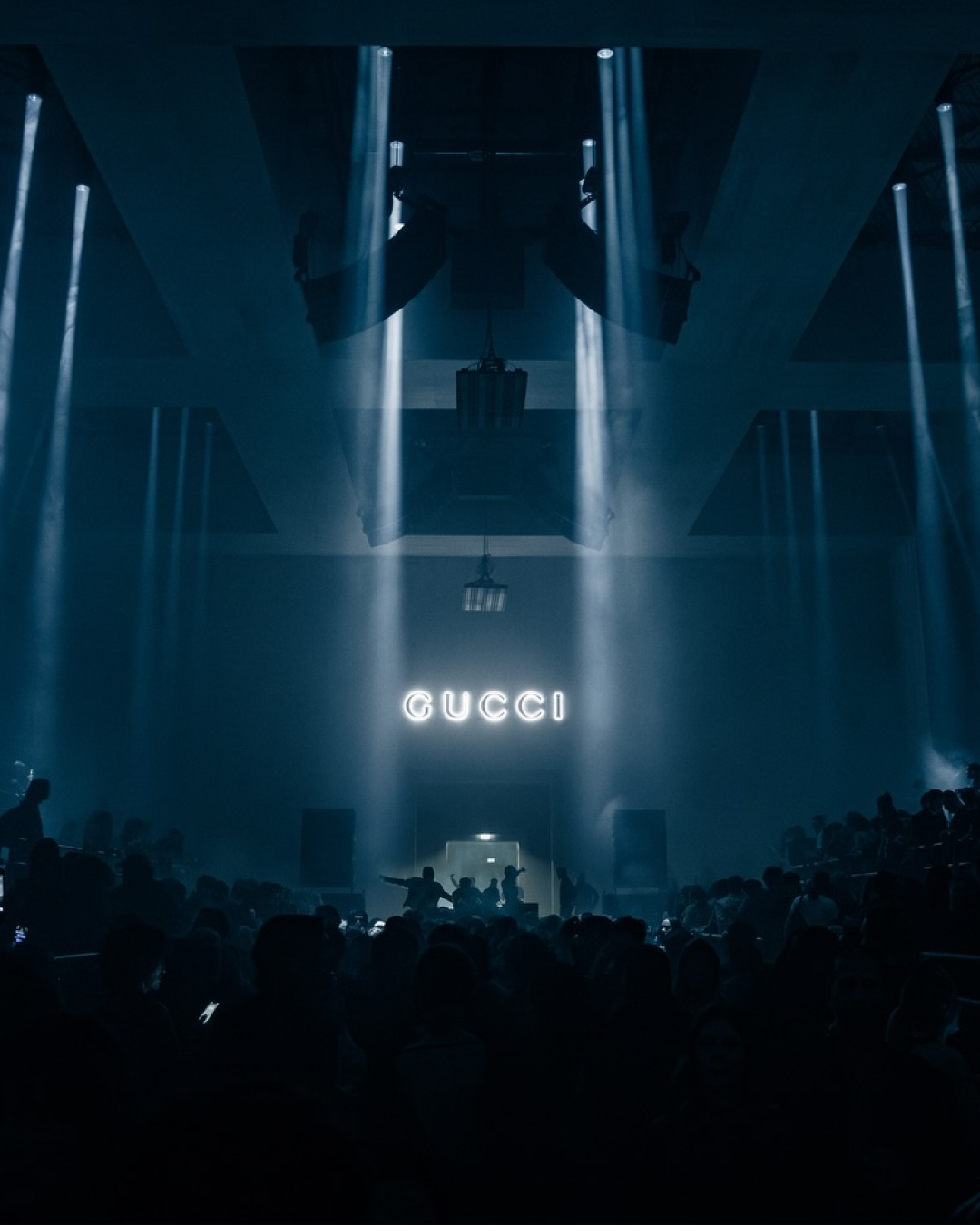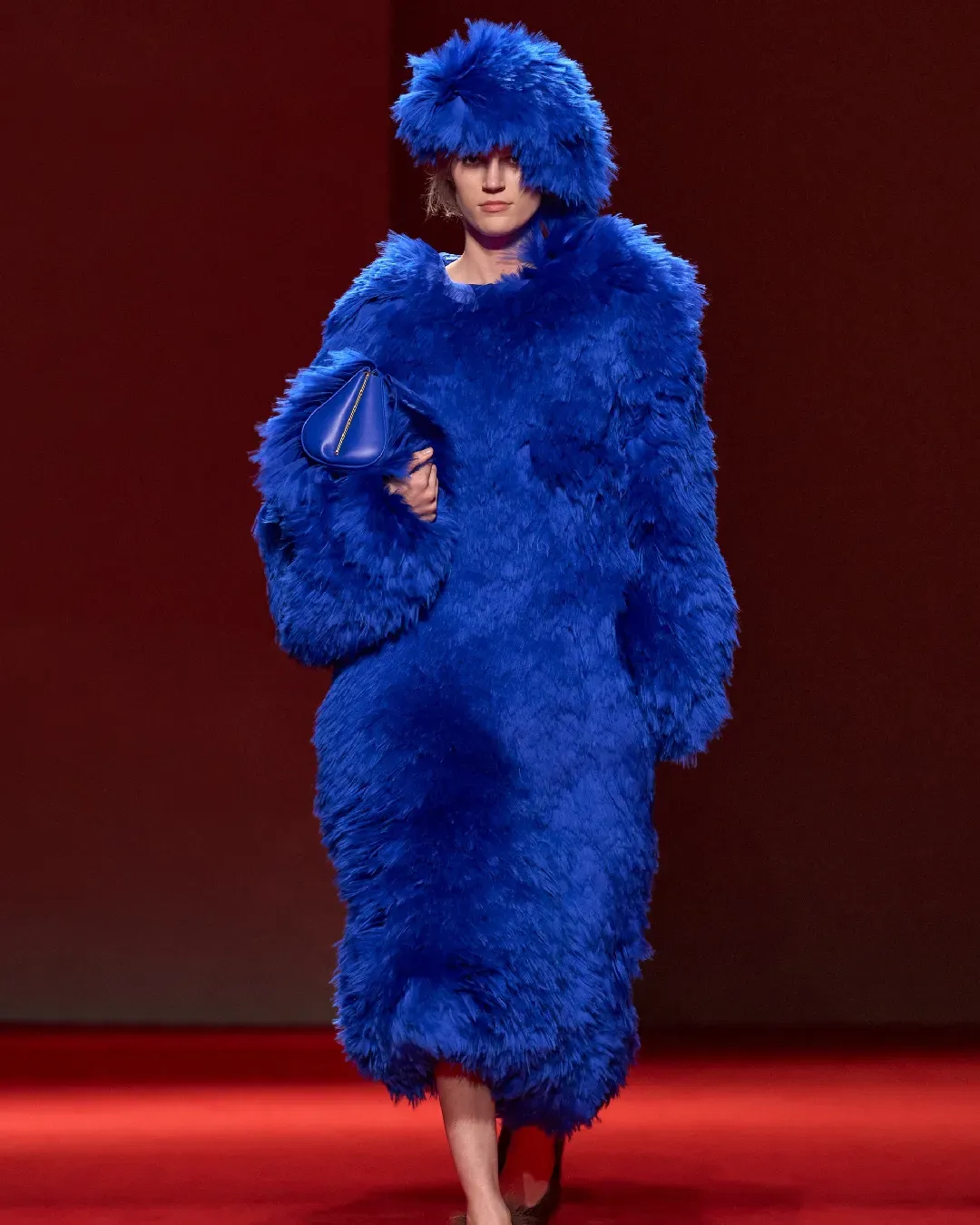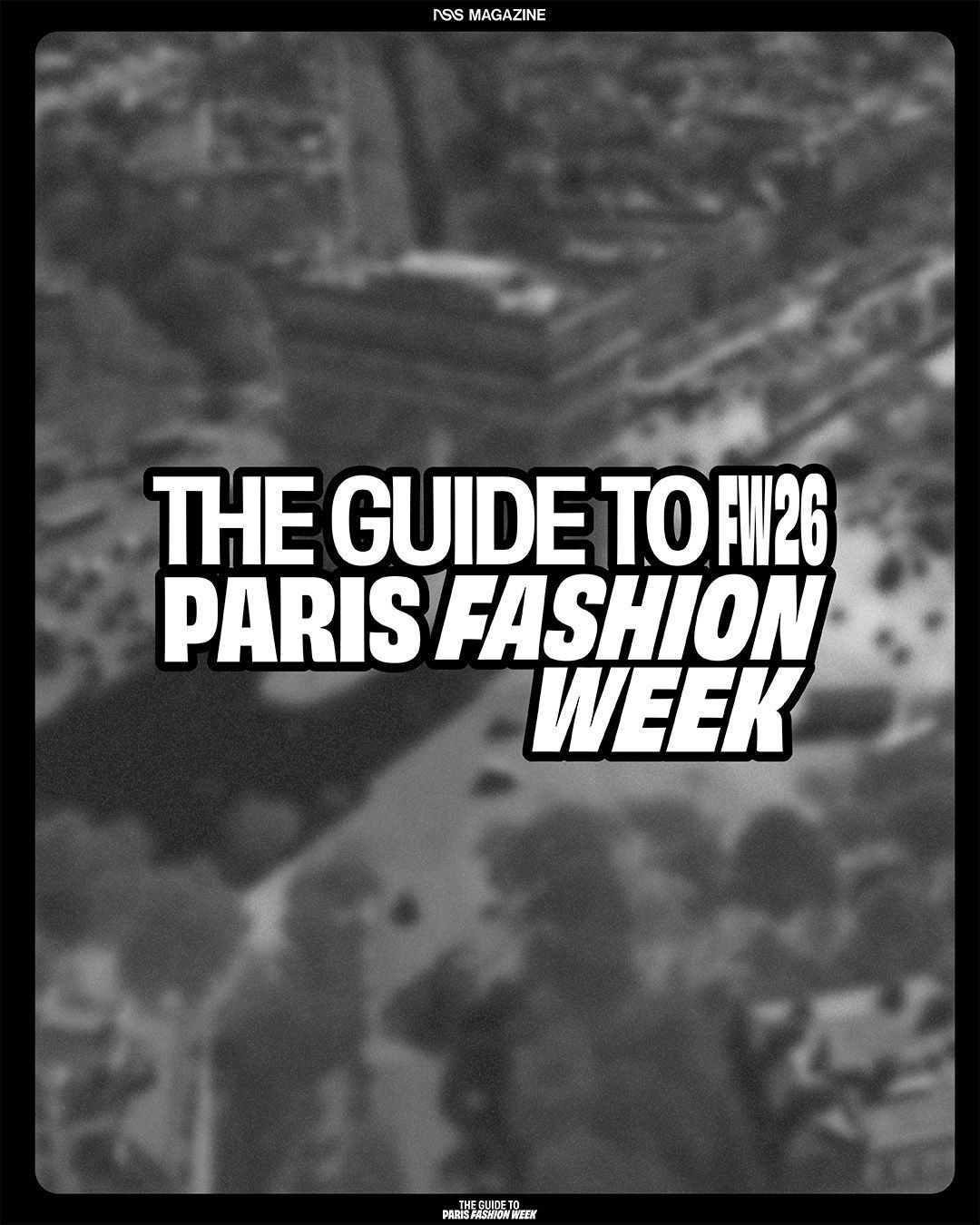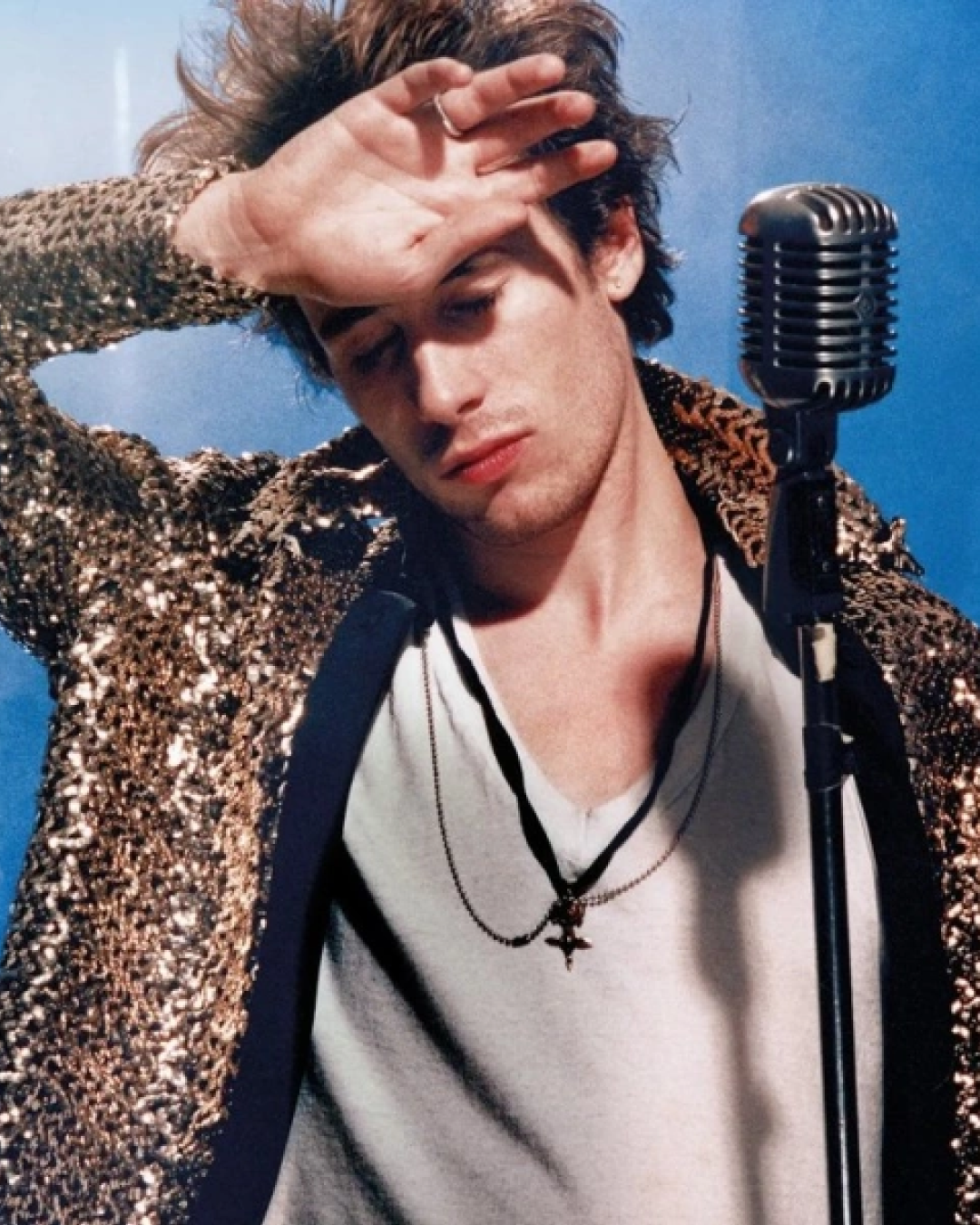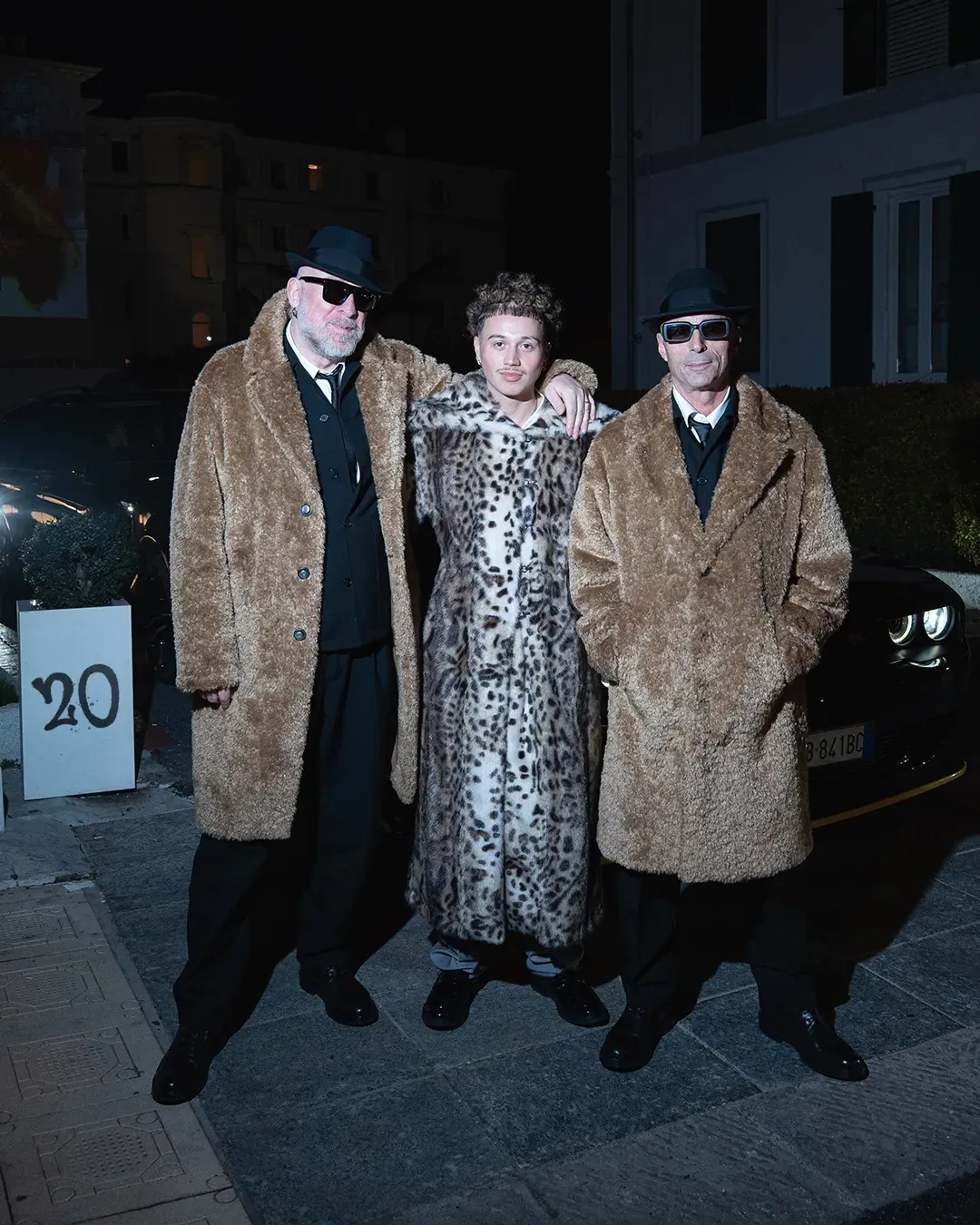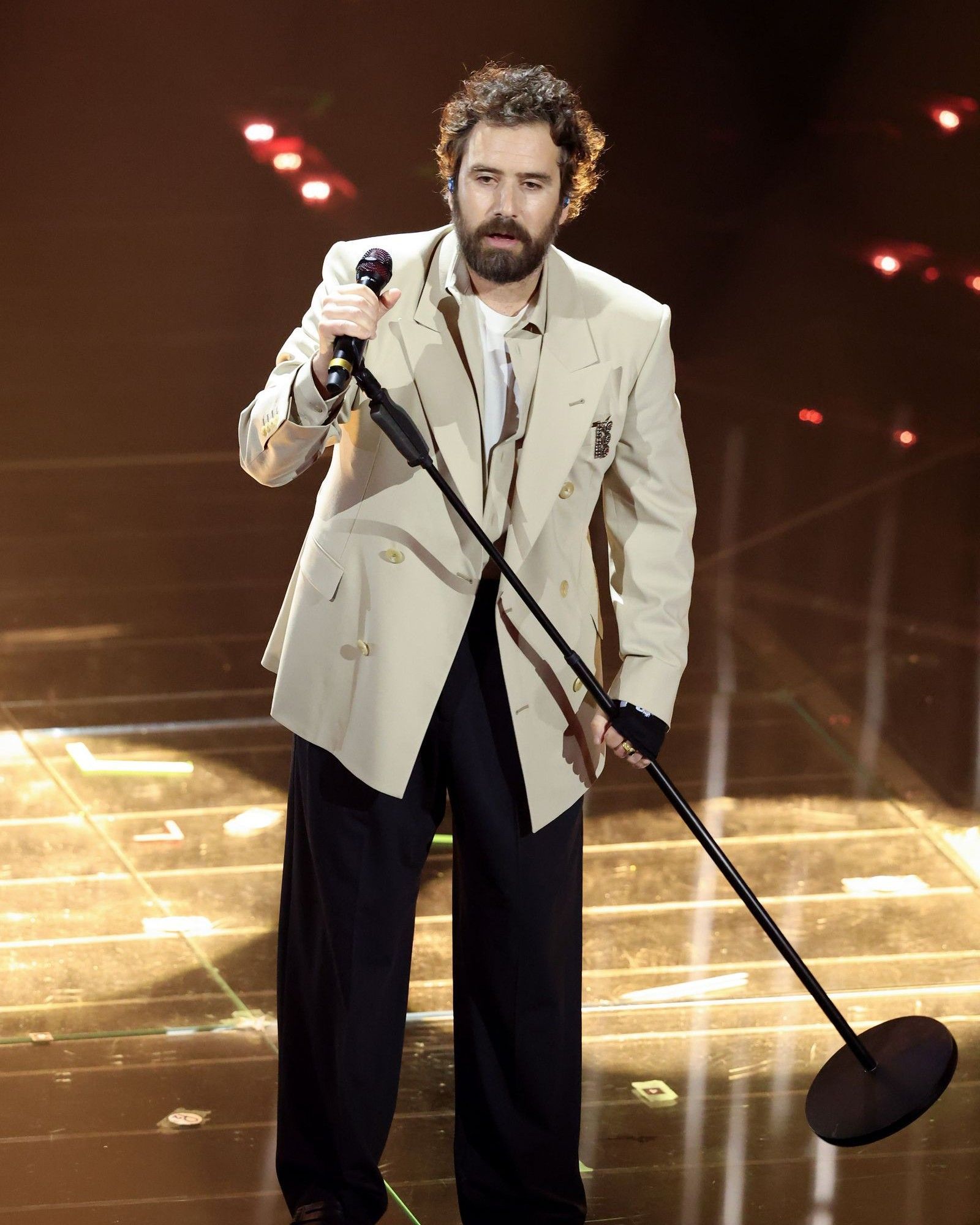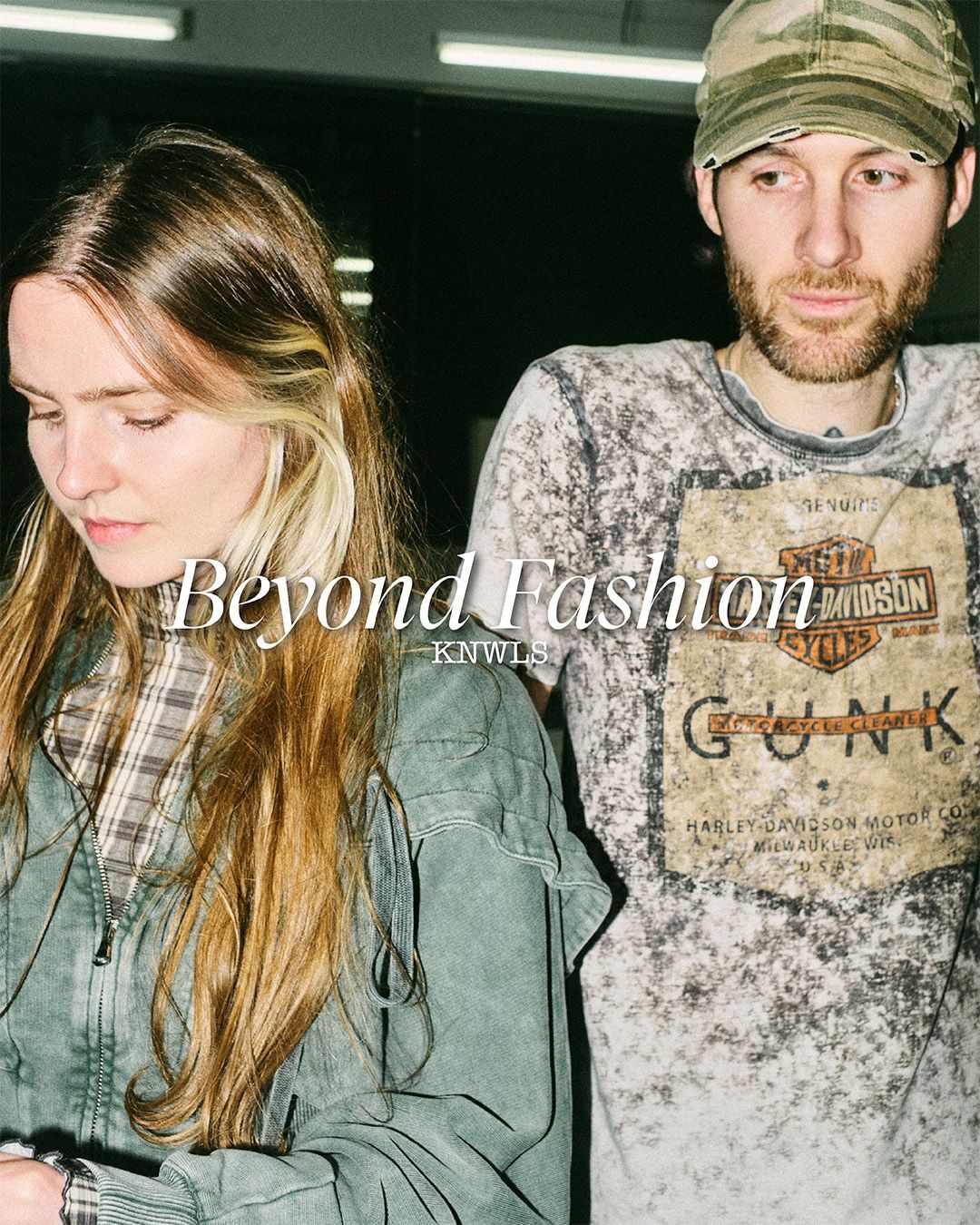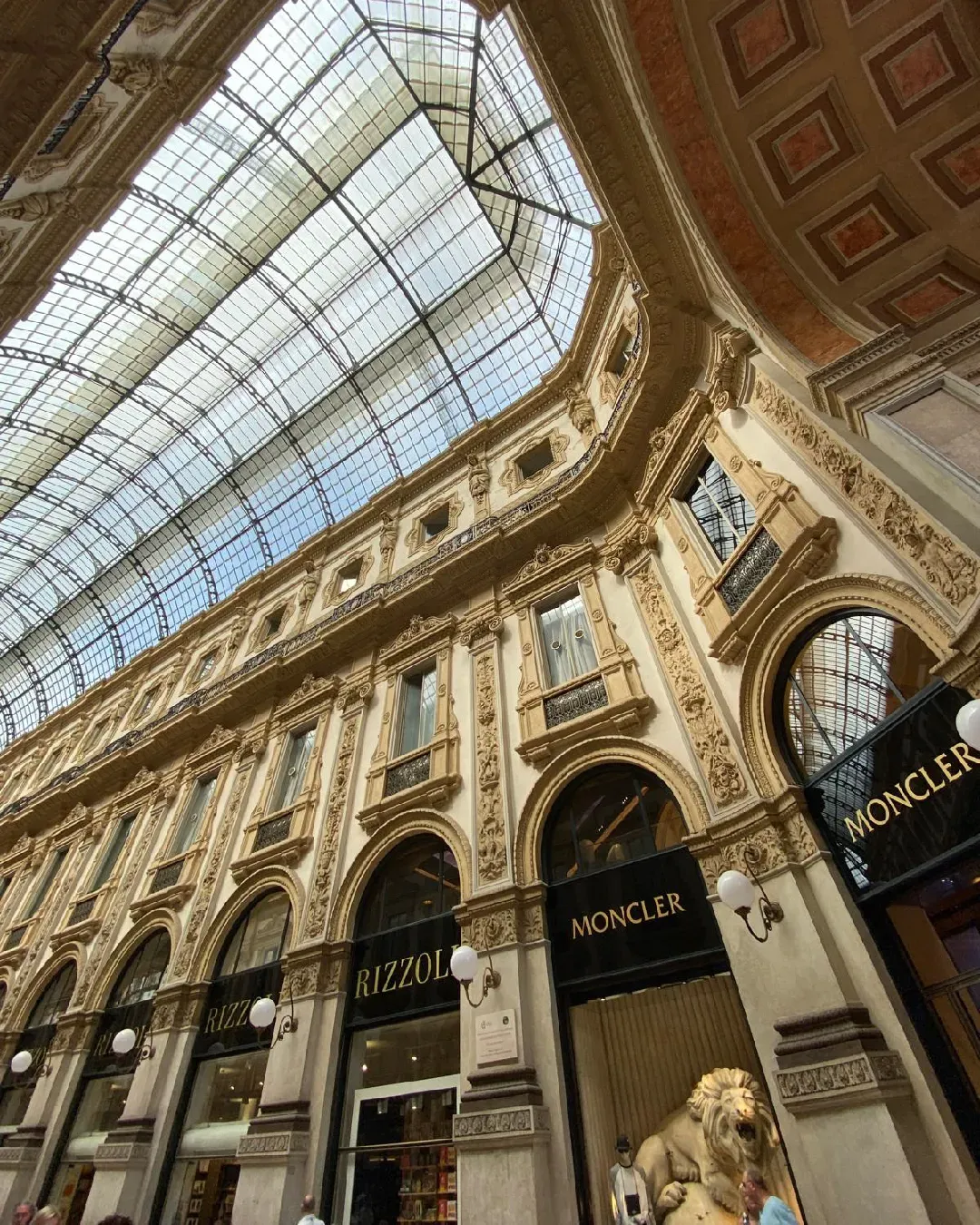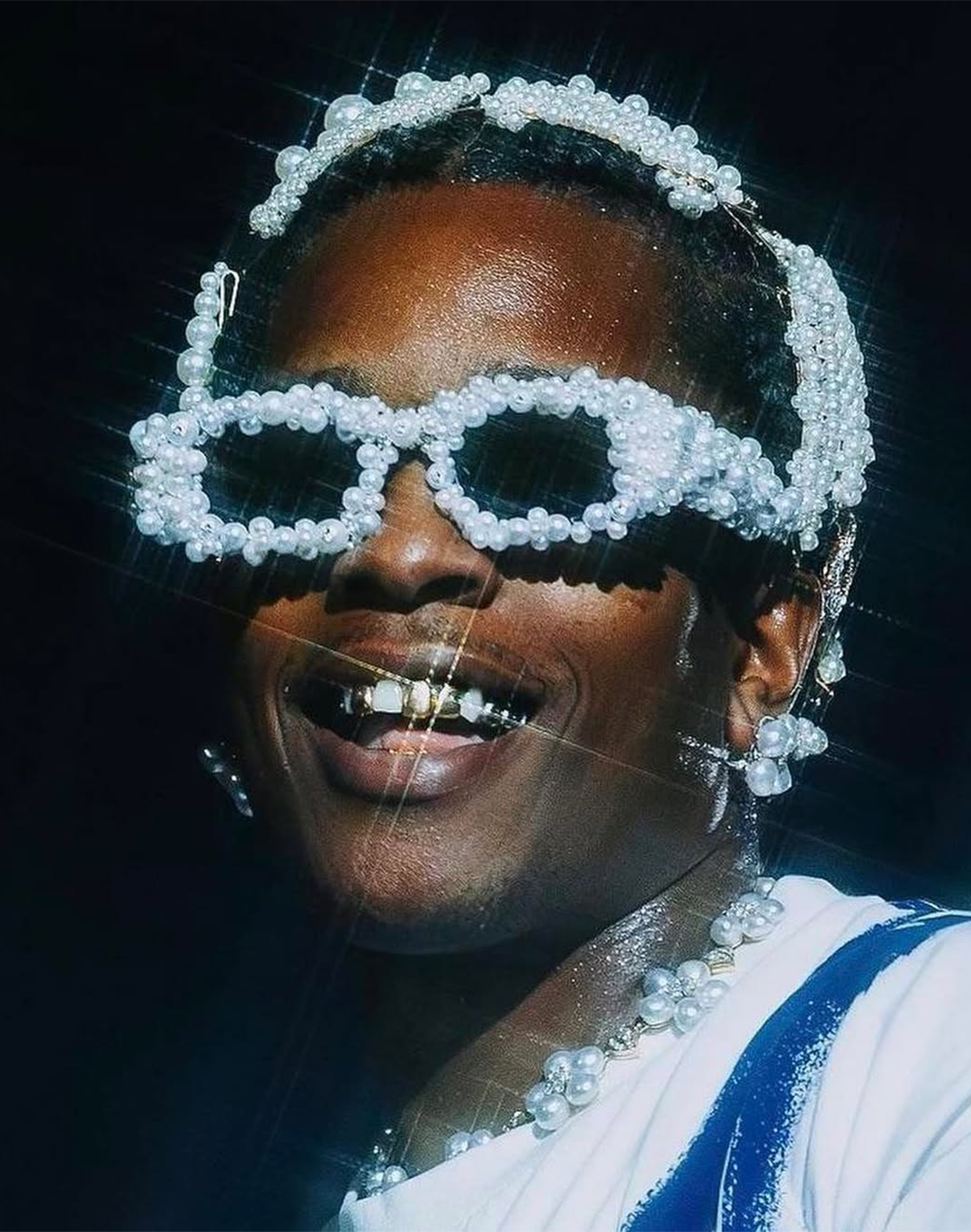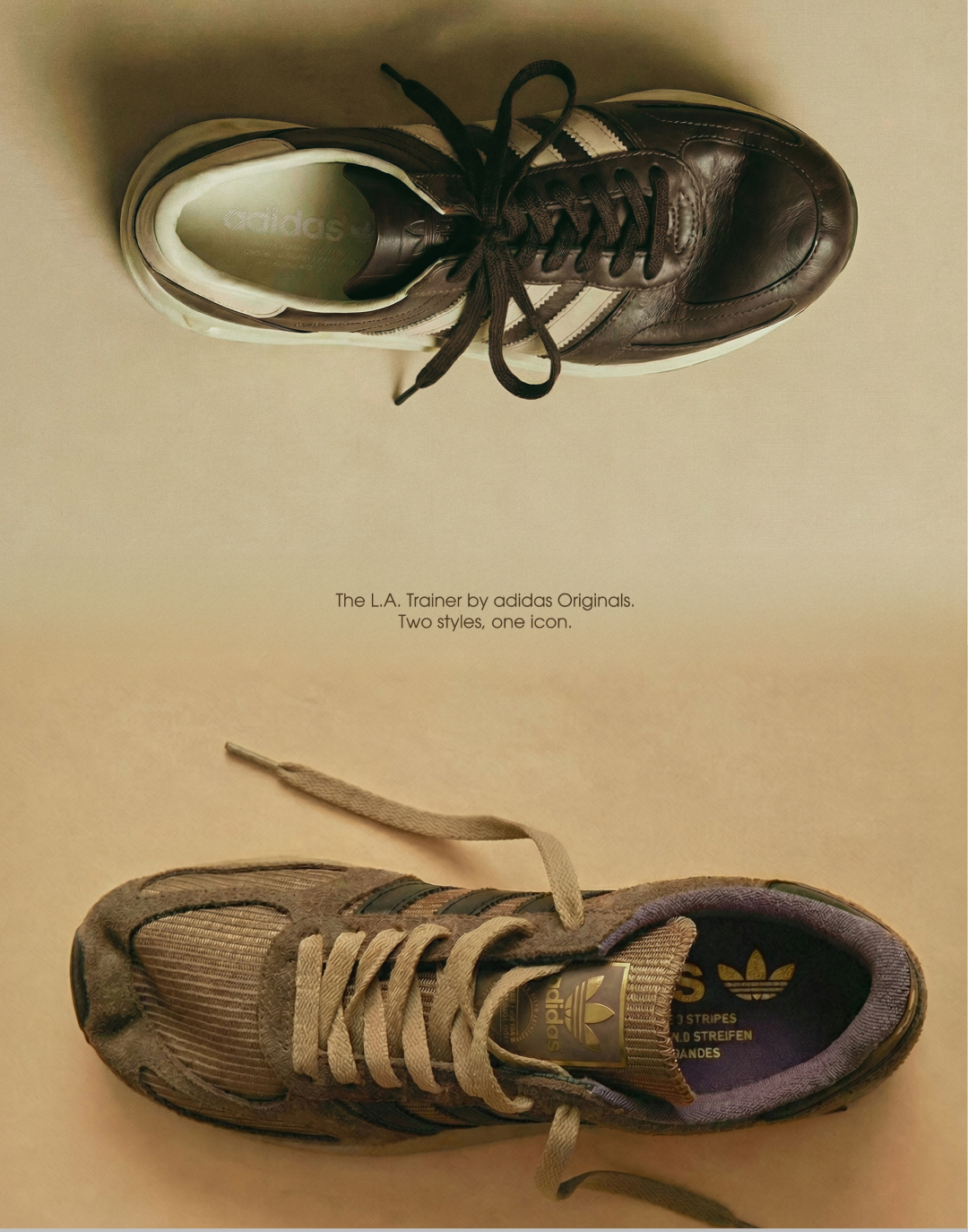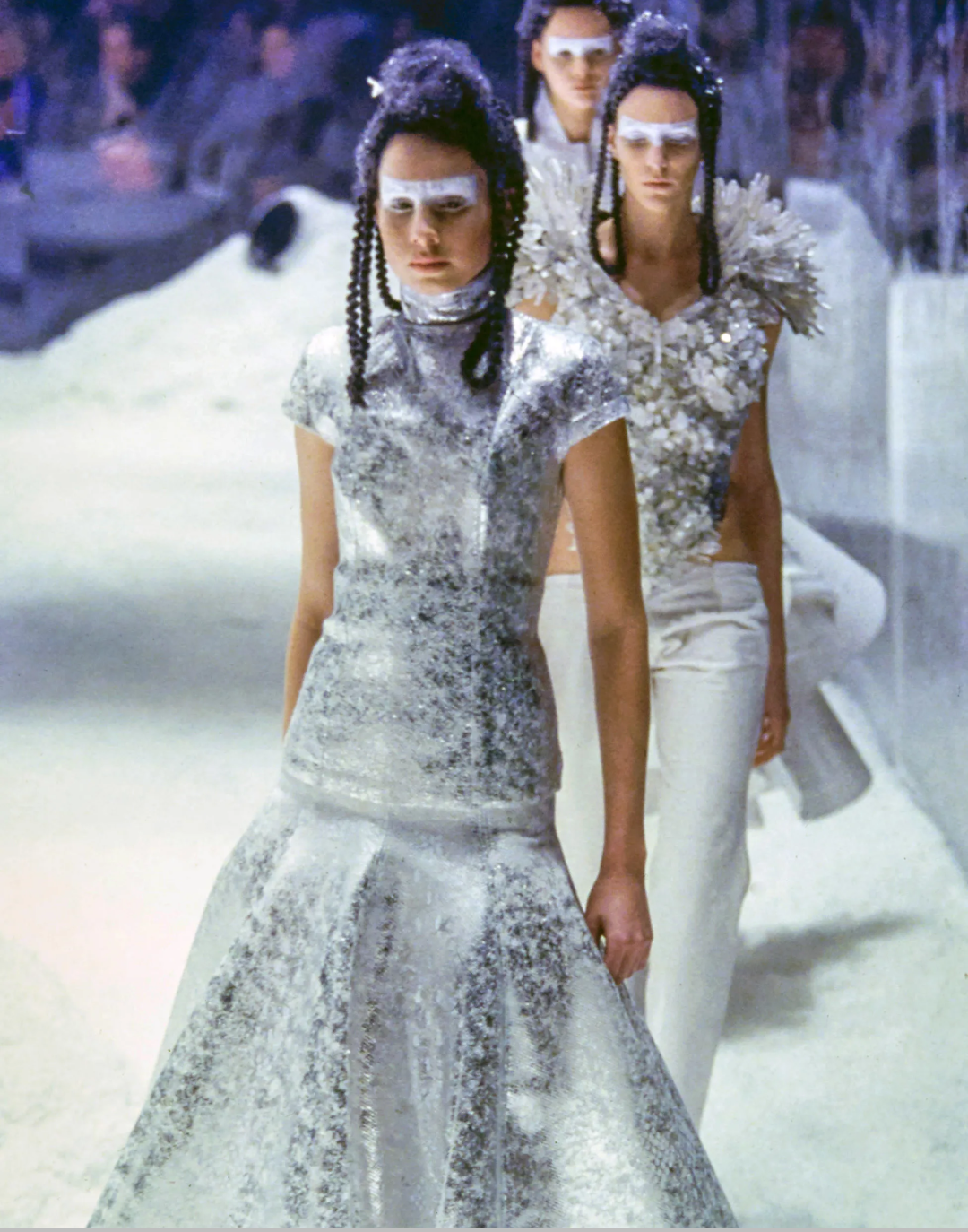
Nike and adidas have entered the metaverse Between Roblox and digital collectibles, sportswear brands begin to test the waters
Nike and adidas have officially entered the metaverse. The Beaverton brand announced today the inauguration of its own platform on Roblox named Nikeland while adidas invited members of its adidas CONFIRMED app on the POAP platform, distributing collectible digital tokens that currently represent only distinctive badges but which, as the brand announced, «may come in handy» asciando intendere the imminent presentation of new digital projects. More structured is Nikeland, Nike's virtual gaming arena built inspired by the Headquarters of Beaverton that includes an entire virtual world where users can try their hand at mini-games such as catcher, the floor is lava and dodgeball. There will be the possibility, for users, to develop interactive custom-made games. Fashion will also have its space: through a digital showroom, users will be able to dress up their avatar at will with the most famous sneakers of the brand but also the apparel of Nike ACG and Tech Pack. Unlike adidas, whose crypto-badges are already sold out, access to Nikeland is open to everyone, with the chance to win blue ribbons and gold medals that unlock special products. Among other things, next month, an entire floor at Nike's House of Innovation in New York will become a phygital version of Nikeland via a special Snapchat filter in augmented reality.
Both Nike and adidas projects, although developed with very different strategies, are very indicative of how attractive the metaverse is for fashion brands: according to a Morgan Stanley report cited by WWD, in fact, the turnover of social gaming could reach 20 billion dollars while that of NFT as luxury collectibles could reach up to 25 billion dollars. In total, according to Morgan Stanley, gaming in the metaverse and NFTs could account for 10% of the fashion industry's approachable market. Precisely for this reason, the report indicates Balenciaga as the most advantageous luxury brand in the field of innovative digital collaborations for the collection of virtual clothes presented in collaboration with Fortnite in September. Gaming and NFT will be the two main directions of the market: the first will be able to generate up to 40% of revenue and a lot of recognition among the public while NFTs are referred to as the digital products that create more direct profits – as for example happened with Dolce & Gabbana, which earned 5.7 million by selling their NFTs. The profit generated by the NFTs still remains a negligible margin – and right now the real attraction is the audience to which the fashion metaverse gives access, teenagers and male customers, who alone make up 30% of the sales of the luxury market.
Looks rare https://t.co/xQHAL59SKZ pic.twitter.com/zYxqZws0DL
— adidas Originals (@adidasoriginals) November 17, 2021
Another aspect highlighted by the move by Nike and adidas, however, concerns the intangible value of brand equity. Especially in the case of Nike, building an expansive and free platform with mini-prize games and showrooms where downloading digital versions of their products means creating a digital space where players can meet, chat and play together. A sort of virtual club where everyone is welcome but whose function can become to translate the culture of the brand (including the architecture of the Beaverton headquarters, but also the Air Force 1 or the Nike Blazer) into an experience halfway between gaming and lifestyle that will make the brand's products even more iconic, especially considering how Nike has registered its trademarks for the category of downloadable digital products, allowing for future drops and releases on the platform but also tournaments or concerts. The difference compared to other brands lies in its accessibility: if the NPTs of Dolge & Gabbana promise a hyper-exclusive experience for customers, Nike's gaming platform is instead completely open and hyper-democratic. But, considering that according to the Morgan Stanley report the completion of the metaverse will still take years, it remains to be evaluated which of the two strategies will lead to the greatest economic and cultural benefits.







